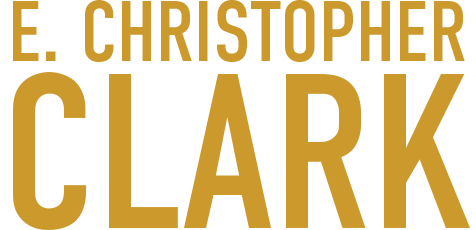Moldése
Moldése (literally “red speak”) is the predominant language of the Kíndalla . This language is so identified with kíndallans that bigoted Earthlings in the Earth-668 iteration of reality took to calling kíndallans “Moldese” (deliberately mispronouncing the second syllable in the word as ‘eese’ instead of ‘ace,’ in an attempt to add insult to injury).
Of course, kíndallans have their share of insults for Earthlings and other human beings as well—the curse kíndaltíkné a favorite among them. Meaning literally “child of stone,” it’s one of several jabs kíndallans regularly take at species not blessed with their own ability to shape-shift.
Not that they reserve their insults only for others, either.
Their most infamous curse is one they use mostly amongst themselves. In a society where children are often the product of far more than the two parents minimum needed for a kíndopp (“child-sculpt”), to be called a kíndalnan (“child of none”)—or to call oneself that in an argument with a parent—is the ultimate blasphemy.
Phonology
Consonant Inventory
| Bilabial | Labiodental | Alveolar | |
|---|---|---|---|
| Nasal | m | n | |
| Stop | p, b | t, d | |
| Fricative | f | s | |
| Approximant | ɹ | ||
| Lateral approximant | l |
| Postalveolar | Palatal | Velar | Glottal | |
|---|---|---|---|---|
| Stop | k, g | |||
| Fricative | ʃ (/sh/) | h | ||
| Approximant | j | w |
Vowel Inventory
| Front | Back | |
|---|---|---|
| High | i | u |
| Near-high | ɪ | |
| Low-mid | ɛ | ɔ |
| Low | ɑ |
Diphthongs
eɪ̯ oʊ̯
Morphology
- Adjective → adverb = add suffix -x for words ending in vowels, or -ax for words ending in consonants
- Adjective → noun (the quality of being X) = add suffix -n for words ending in vowels, or -én for words ending in consonants
- Adjective → verb (to make something X) = add suffix -sh for words ending in vowels, or -ash for words ending in consonants
- Noun → adjective (having the quality of X) = add suffix -dal
- Noun → adjective relating to noun (e.g. economy → economic) = add suffix -ép
- Noun to verb = add prefix én-
- Verb → adjective (result of doing X) = add suffix -t for words ending in vowels, or -ét for words ending on consonants
- Verb → noun (the act of X) = add suffix -dan
- Verb → noun that verb produces (e.g. know → knowledge) = add suffix -red
- One who Xs (e.g. paint → painter) = add suffix -kín
- Place of (e.g. wine → winery) = add suffix -fíg
- Diminutive = add prefix s-
- Augmentative = add prefix rí-
- To form the ordinal number from the cardinal number, add the suffix -b
Tenses
Verbs in the present tense are unmarked. In the past tense, they are marked with the suffix -da. In the future tense, they are marked with the suffix -ah. The present participle/gerund is formed by adding the suffix -ta.
Sentence Structure
The main word order in Moldése is subject–verb–object. Adjectives, adpositions, and articles come before the noun. Possessors come before possessees.
Structural Markers
While the singular form of nouns is unmarked, the plural form is marked by the suffix -bí if the word ends in a vowel, or with the suffix -í if the word ends with a consonant.
Possession is marked with the suffix -ed if the word ends in a consonant or with the suffix -d if the word ends in a vowel.
Numbers
Moldése has a base-5 number system:
1 – sa
2 – soo
3 – sí
4 – so
5 – sé
6 – sésa (five and one)
10 – soosé (two fives)




Comments